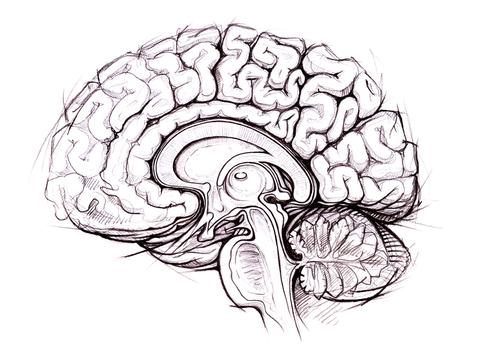New Year’s Resolutions: What if Free Will Doesn’t Exist?

What’s the Latest Development?
More and more research suggests that our behavior is determined by our environment or genes which might mean your New Year’s resolutions are moot. An influential 2007 study using an fMRI suggests that people become aware of the decision they are making only after a series of neurons have fired in their brains. Currently, the world’s biggest research project into the existence of free will is taking place at the John Templeton Foundation in Pennsylvania. If the project validates the 2007 findings, free will could be under serious threat.
What’s the Big Idea?
Whether free will exists or not, it maybe be helpful for individuals and society to believe in it. Studies show that people who doubt their ability to make free and independent decisions are less likely to give money to charity and more likely to cheat on exams. “Offering topical advice for New Year’s resolvers, experts say that you shouldn’t set yourself too many goals. Rather, establish good habits (give your moral muscle a regular workout), and commit yourself publicly to your targets.”
Photo credit: shutterstock.com





